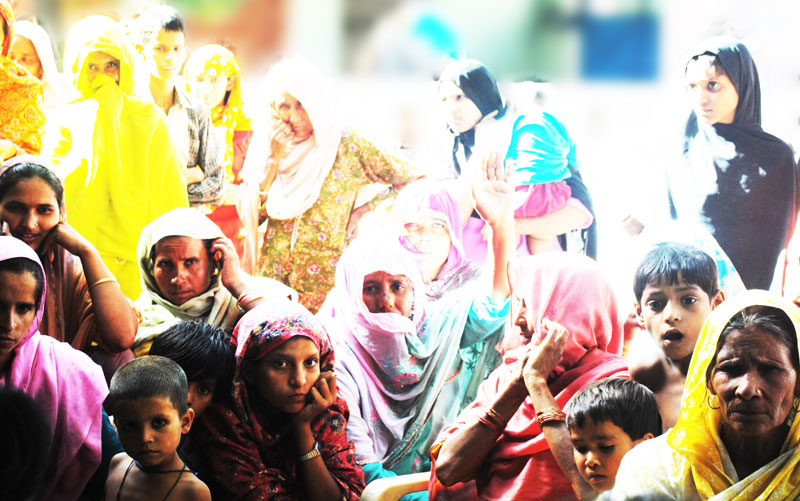In an unprecedented move, Dr. Shashi Tharoor recently tabled a private bill in Lok Sabha titled Women’s Sexual, Reproductive and Menstrual Rights Bill 2018 and recommended more freedom for women with respect to their “inherent right to their sexual and reproductive choices.”
Not only is this a bold move, but also of utmost importance because it creates space and possibility to finally come out and address issues like female sexuality and desire, reproduction by choice and menstrual issues. India has never really been so openly vocal about any of these, especially in terms of creating a discourse from the female perspective.
Dr. Tharoor explained the importance of the Bill while introducing it in the Lok Sabha stating, “the existing laws fail to recognise ‘woman’ as an individual capable of making her own choices, specifically her sexual choices as a wife and her reproductive choices when pregnant.” For the first time in the history of Indian politics, Dr. Shashi Tharoor visibilized the existence of rape within marriage.
Sexual Rights in the Bill:
- The Bill proposes the deletion of Exception 2 to Section 375 of Indian Penal Code, which states that sexual intercourse by a man with his own wife is not rape. In the past few years, we have seen this law fail to protect victims of marital rape. Dr. Tharoor’s Bill highlights the importance of consent even if the relationship is legally binding and the woman is of age.
- Additionally, it was specified that under Explanation 2 of Section 375 of Indian Penal Code such as “the women’s ethnicity, religion, caste, education, profession, clothing preference, entertainment preference, social circle, personal opinion, past sexual conduct or any other related grounds shall not be a reason to presume her consent to the sexual activity.”, propagating a shift from the masculine understanding of ‘no means yes’ and ‘yes means yes’ ideology.
Reproductive Rights in the Bill:
- The Bill proposes that instead of being called the Medical Termination of Pregnancy Act 1971, it should now be known as Legal Termination of Pregnancy Act so there is no mistake of understanding that the woman herself holds autonomy over her body and decisions related to her body.
- The Bill also advocates an intense study and removal of any ambiguities so that medical practitioners in rural areas especially do not feel unsafe and in fear of criminalization because of Section 312 of the Indian Penal Code that penalizes anyone, even the mother herself, for voluntarily terminating pregnancies.
- After discussing several possible amendments about the right to abortion in the bill, what is highlighted is that until the 12th week a woman is to be given absolute right to terminate if they wish. Additionally, conditional termination of pregnancy should be avaible to women until he 20th week of their pregnancy.
- Though the Bill still retains that if a Medical Practitioner recommends termination due to any risk for the mother, the Bill is a huge win for feminists in India because it doesn’t trivialize their choice of either not giving birth or planned parenthood.
Menstrual Rights in the Bill:
- Statistics show that only 18% women in India have access to sanitary hygiene. An amendment to Right to Education Act was also proposed to make free distribution of sanitary napkins to girl students in schools and colleges and ensure that their health is not being compromised.
- Further, the Bill also proposes that every public institutions should ensure adequate supply, storage and distribution of sanitary products to be given free of costs.
Dr. Tharoor’s Bill is laudable not just because it breaks the taboo that outnumbers health, choice and priorities and trivializes issues that women face when they are prematurely forced into pregnancy, when they do not have access to sanitary necessities and where their consent is always labeled dubious. It is necessary for the welfare state to provide not only basic resources but also to incorporate knowledge, agenda and concerns of the other sex.
As a first step towards realizing women’s rights and respecting the their choice regarding sexual intercourse, menstrual health and unplanned or forced pregnancies, the Bill raises a strong voice in favor of women’s sexual autonomy, menstrual hygiene and abortion rights.





